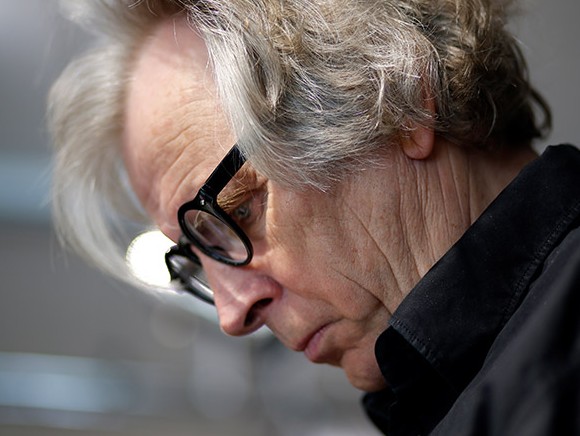
Even if you put a billion on the table, it won’t buy you back the time you’ve lost. With many building processes, we find out too late that a project cannot continue after all. The info was available, but nobody did something about it. Lots of time and money has been wasted. You can get money from the bank; but wasted time is lost forever. ‘We will catch up on that’ is Nonsense. You won’t!
That is why you should first ask yourself the question: why would we not build?
“Bessels, draw me up a plan for a logistics centre, a 7,500 m2 building that is 30 m high, in a scenically sensitive area. And I want the building permit yesterday, please.” How do you approach such a request?
Find a team of top experts that spend a few hours and, within ten days, give you a 1-page report about why it can’t happen. And how any specific problems can be solved. The result, one week later:
The Urban Planning Lawyer: “In that area, building 30 m high requires a procedure time of 6 to 8 years. But 19.50 metres is reasonable feasible within 9 months. What do you want to do: build or litigate?
The Ecological Landscape Architect: “Originally, there were backwards-flying bats and back-swimming frogs next to the lot. With simple provisions and preliminary talks, you can collect lots of bonus points from eco groups.”
The Subsidiologist: “With a 7,500 m2 sunroof, others can participate. Such as the neighbours. See what the urban planner has discovered.”
The Urban Planner: “There is a preparatory decision for homes in the immediate vicinity. This is a potential risk source. Offer the residents participation in the solar power plant.” (This means you can develop country houses with thatched roofs without the bird dropping collectors – explained in a previous column.)
The Environmental Expert: “By making provisions for LHVs - long heavy vehicles - the number of traffic provisions will decrease and the nitrogen deposition is reduced. This also scores you points.”
By managing knowledge and connecting experts to each other, we rapidly collect crucial info in advance. This prevents us from crashing and burning later. It’s a typical case of: experience is the sum of previously made mistakes.
Herman Bessels is architect BNA at Bessels architekten & ingenieurs B.V.
Source: © Vakblad Voedingsindustrie 2018